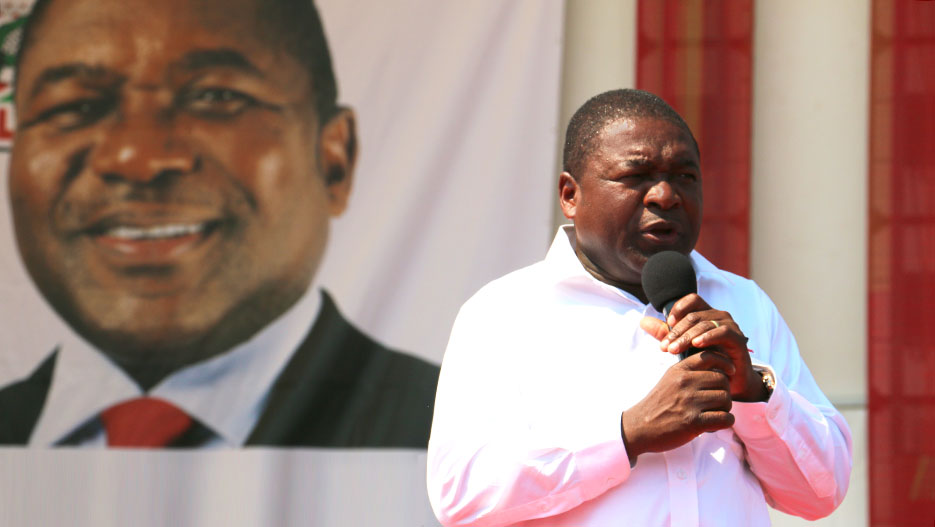Politics and Stability: An Overview of Mozambique’s Political History
Exactly twenty-four years ago, Mozambique walked out of one of the man-made crisis every nation fears to be associated with: a civil war that had been ensuing for almost two decades.

Exactly twenty-four years ago, Mozambique walked out of one of the man-made crisis every nation fears to be associated with: a civil war that had been ensuing for almost two decades.
Thanks to the ceasefire, many Mozambicans were all over with smiles and rejoicing with caution while counting their loses, following the permanent closure to that sixteen-year old civil conflict that had been draining the nation of valuable human and economic resources.
After securing political independence from Portugal in 1975, Mozambicans only heard of but never experienced any proper peace until a ceasefire was announced in 1992. By that time, some 1.7 million people had already fled the country to seek refuge in neighboring countries. Dozens more people also perished.
This was after the country’s two main political parties, the opposition forces of anti-communist Mozambican National Resistance (RENAMO – Resistência Nacional Moçambicana) and the Mozambique Liberation Front (FRELIMO – Frente de Libertação de Moçambique), locked horns in a civil war in a bid to secure control over the largely impoverished country.
Although the FRELIMO, which is currently in power, got an upper hand over its counterpart at the polls, its inability to suppress the rebel groups meant that these rival factions would continue to strive for political and social control of sections of the country. The result was then the war.
Thanks to years of peace deals and negotiations, however, the conflict is now history; albeit some factionalism and deep rifts that are clear dangers to the country’s progress.
Between 1992, when the war ended and last year, the country has witnessed four successful elections, which have so far been generally peaceful. In all the elections, only the FRELIMO, which won independence for the country, has won power, with the RENAMO continually maintaining its position as the strongest opposition party in Mozambique’s political history.
The last election was held in the September 2014, where Mr Filipe Nyusi, the 56-year old leader of the FRELIMO, emerged winner. He garnered 57.03 percent of the votes to beat his contender and leader of the RENAMO, Mr Afonso Dhlakama. Following the victory, Mr Filipe Nyusi became the fourth President of Mozambique and would serve for ten years after which general elections will be called again.
Read More:
– Mozambique: An Economic Star Yearning for More Investments
– Invest in Mozambique: Challenges and Opportunities for Investors